Aspects and Dynamics of Collective Bargaining and Social Dialogue in the Post-Reform Period in India
Globalization has intensified competition in the product market and employers apart from demanding systemic reforms in the labour laws and governance have sought to initiate changes at the workplaces to achieve flexibility which in several ways have weakened the collective institutions. Amidst these adversarial industrial relations strategies, some significant developments have been taking place doubtlessly prompted by the same globalization forces. Employers need workers cooperation in fulfilling the market demand and to bring down the unit cost of production via rise in productivity as much as workers strongly want employers to invite their representatives to the negotiating table. Trade unions need to ensure protection of labour rights and equitable distribution of value added. Hence collective bargaining and social dialogue assumes importance. The book recounts the institutional changes that have taken place in recent years in the realm of industrial relations and analyzes the institutions of dialogue such as collective bargaining and tripartism. It also deals with the significant developments taking place in the informal economy with respect to organizing of and negotiating for workers in it. This is one of the very few studies that dwells on the subject of collective bargaining and social dialogue in India. The book should be useful to academics, researchers, and students in industrial relations and labour economics and also to managers and policy makers.
Contents: Preface. 1. Introduction. 2. Labour market in India in the post-reform period. 3. An over view of industrial and employment relations in India. 4. Wages and labour institutions in India. 5. Social dialogue in India. 6. Challenges to trade unions and collective bargaining and the response by trade unions. 7. General trends in collective bargaining in India in recent years. 8. Dynamics of wage and productivity bargaining. 9. Mechanism of productivity bargaining. 10. Collective bargaining and social dialogue with regard to informal economy workers. Conclusions. Appendices. References.
Get it now and save 10%
BECOME A MEMBER
-
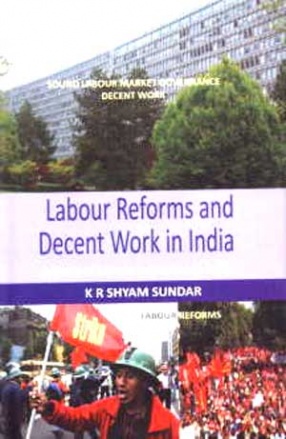
Labour Reforms and Decent Work in India: A Study of Labour Inspection in India
-
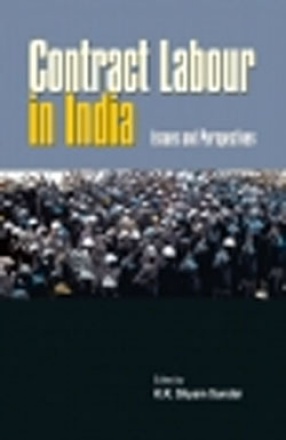
Contract Labour in India Issues and Perspectives
-
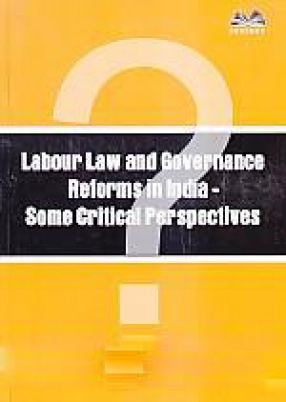
Labour Law and Governance Reforms in India: Some Critical Perspectives
-
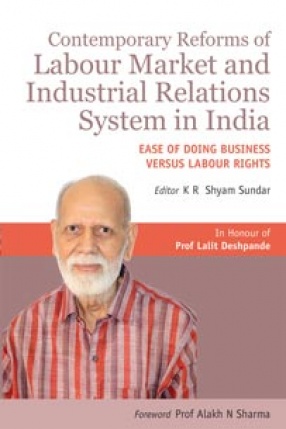
Contemporary Reforms of Labour Market and Industrial Relations System in India Ease of Doing Business versus Labour Rights

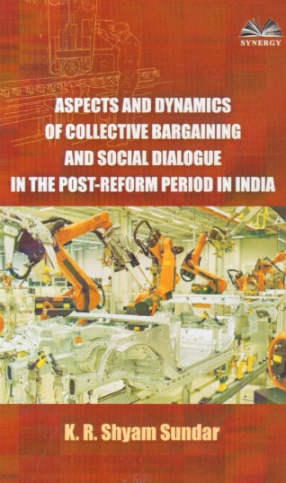





Bibliographic information